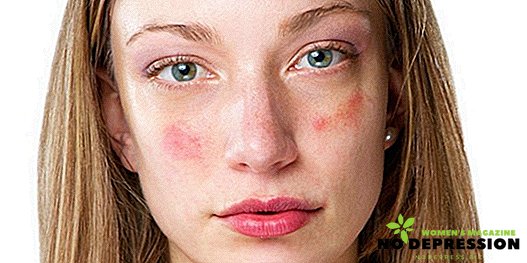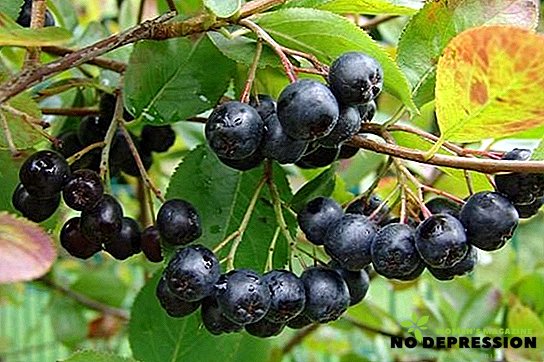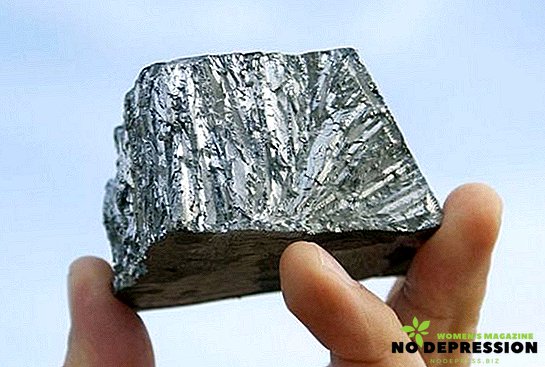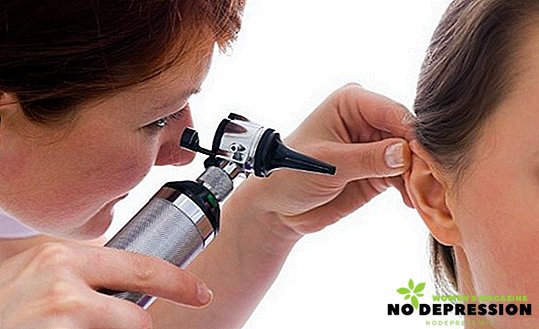Undoubtedly, many have come across people on whose bodies they noticed incomprehensible red spots with a white crust. For those who do not know this species causes disgust and squeamishness, but people knowledgeable of this disease only sympathize with patients with psoriasis.

What kind of disease?
Psoriasis is an incurable non-infectious disease, which appears on the skin in the form of psoriatic plaques that are peeling profusely and regularly itch. From such a disease no one can be insured, as it affects people regardless of age and gender.
Psoriasis is often manifested in people between the ages of 15 and 25 years.

Symptoms
Psoriatic plaques are red spots, accompanied by itching and prominently protruding above the surface of the epidermis. Often these "wounds" may be covered with a white or light yellow slightly scaly crust, resembling a smeared drop of paraffin.
As for the sites of inflammation, they are mainly formed on the bends and areas with constant friction. Thus, phalanges of the fingers, buttocks, elbows, external genitals, knees, nails or the head, and in particular its hairy part, can be affected areas.
The area of these plaques may be different, ranging from a small pea and ending with the size of the palm. White scales, formed on top of the inflamed spots, are easily peeled off, if you scratch them a little. During exacerbations or with neglected forms, the affected areas are often covered with cracks and suppurations.

Psoriasis plaques can also occur at sites of damage to the integrity of the epidermis (scratches, cuts, abrasions). This contributes to the fact that they appear on the most unexpected parts of the body.
This disease is divided into 2 forms: winter and summer. Patients with summer form are very sensitive to sunlight and it is at this time of the year that exacerbation falls. Such people are contraindicated to stay in the sun with bare, inflamed skin.
Winter form is much more common. It heals perfectly in the summer sun and often sharpens during the cold season.
The reasons
Until the end to establish the causes of pathology, doctors have so far failed. Researchers assume the following factors:
- regular strong nerve stress;

- genetic predisposition;
- heredity;
- failure of the exchange processes;
- autoimmune nature.
In addition, malnutrition, alcohol abuse, neurological disorders, reduced immunity, etc.
Patients with psoriasis should refuse such products as: chocolate, hot pepper, pickled marinades, extremely strong taste, alcohol.
Is psoriasis contagious or not?
Not! Psoriasis can not be infected by a stranger. This disease can be inherited or occur by itself through a series of specific factors.
Is psoriasis contagious to others?
During bodily contacts, the patient is not threatened with psoriasis. This ailment is not transmitted:
- airborne droplets;
- through close bodily contacts;
- sexually;
- through saliva while kissing or using the same utensils and household items.

Of course, not everyone will be able to communicate closely with the person who is overcome by this ailment. This concerns purely aesthetic considerations. Remember, in no way it is impossible to contract a patient with psoriasis.
How is psoriasis transmitted
Exclusively inherited. Psoriasis is transmitted to children from parents. It may appear immediately after birth, but it may appear after a few years. Inflamed psoriatic plaques in some can not even throughout life.
But no one is immune from the appearance of psoriasis for a number of reasons, which depend solely on human behavior. It is not necessary to be sure that this disease cannot affect those in whom no one has suffered from psoriatic plaques.
What is dangerous disease
This mild dermatological disease brings the patient only inconvenience and discomfort. This is not surprising, because the seemingly affected places are noticeably different from the healthy epidermis, itching and peeling off regularly, leaving their particles around.
If the patient suffers from a mild form of psoriasis, then in no case should the treatment be postponed. There is a huge risk of exacerbations and complications. Running form can cause impaired kidney and liver function.

Causes damage to the joints, lymphatic and nervous systems. Exchange processes can also be pathologically disturbed.
Late treatment may cause psoriatic plaques to occupy the entire surface of the epidermis. So the skin will no longer perform its respiratory function. This will lead to malfunction of the sweat and fat glands.
Impaired respiratory function will contribute to improper thermoregulation, which would entail blood poisoning, which is fatally dangerous.
The vascular system will also be the victim of the extensive spread of this malady. Disorders in her work reduce brain nutrition. Long-term disregard for the treatment of psoriasis will cause the disease to hit the joints, due to which the human motor function will be radically disturbed.
You can also learn more about psoriasis by watching the following video.













